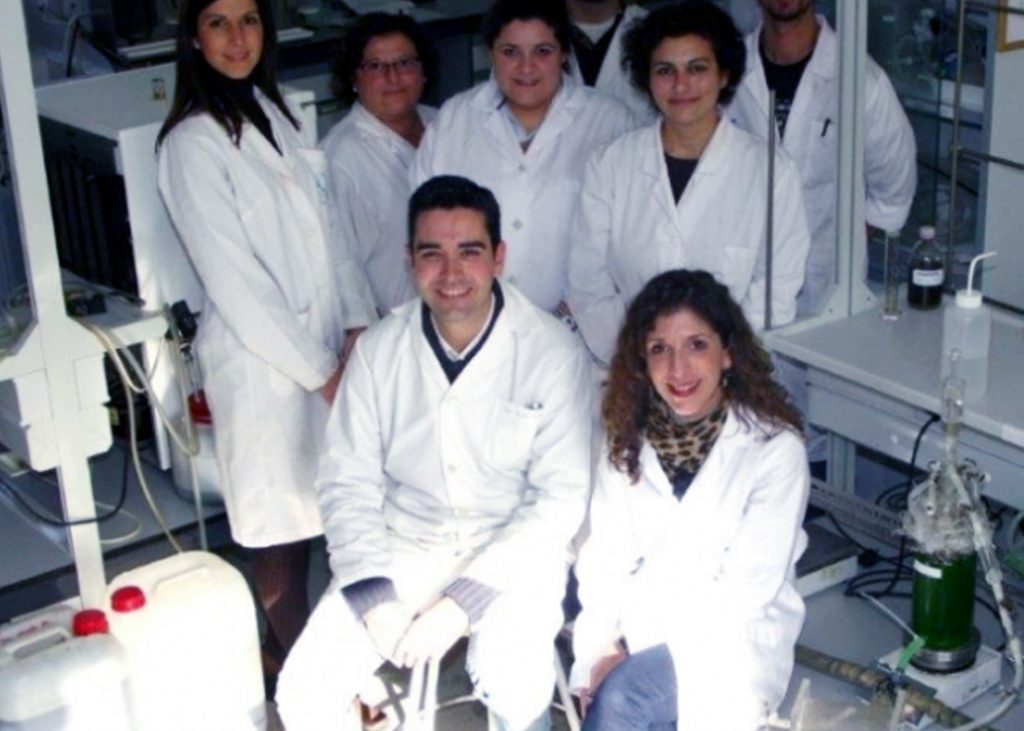
AVN WEB DESK
CÓRDOBA, SPAIN: In light of the ever-increasing global population and heightened levels of consumption, the waste management has emerged as a pressing concern, prompting researchers worldwide to look for solutions.
In their pursuit of a circular economy model that promises significant environmental, social, and economic benefits, a team of researchers from the University of Córdoba has made noteworthy progress in addressing the issue of agricultural waste produced in the province of Córdoba.
Under the leadership of Mª Ángeles Martín, a distinguished researcher from the Chemical Engineering group, the team combined expertise in the chemical engineering, hydrology and agricultural hydraulics groups, with a view to reutilise chicken manure, a by-product of the province’s flourishing poultry industry, alongside waste materials from the region’s dominant crops — olive trees and cereals.
This ambitious endeavour aimed to convert these organic residues into a premium-quality organic fertiliser through a process commonly known as ‘co-composting.’
Given the substantial quantities of chicken manure generated by the local poultry industry, the proper management of this waste material is crucial to mitigate its environmental impact. By effectively synergising chicken manure with the by-products of olive groves and cereal farms, this research initiative breathed a new life into these agricultural residues.
The co-composting process, characterised by the controlled degradation of solid organic waste through mixing, resulted in the production of an organic fertiliser of exceptional agronomic value from these previously discarded materials.
To assess the technical feasibility of co-composting chicken manure, alperujo (a residue from olive oil production), olive tree pruning remains, and cereal straw, the researchers conducted a series of experiments at the Coto Bajo composting plant in Córdoba. Their comprehensive analysis included monitoring the quality of the process, the stability of the final product, and the olfactory impact, a critical consideration when dealing with manure-based fertilisers notorious for their unpleasant odors.
A significant innovation introduced in the study to combat the issue of unpleasant odors was the application of a fermentative treatment to the mixture prior to commencing the co-composting process. This preliminary step accelerated the decomposition of organic matter and significantly reduced the emission of unpleasant odors, addressing one of the primary concerns associated with manure-based fertilisers.
The integration of both fermentation and co-composting techniques has resulted in a final product that is not only sanitised and stable, but also of remarkable quality. This achievement represents a leap in terms of both environmental conservation and economic benefits derived from the efficient utilisation of agricultural waste.
This pioneering research from the University of Córdoba serves as a proof of the transformative potential of innovative waste management strategies, showing how they can contribute to sustainability, minimise environmental impacts, and align with the vision of a circular economy. It highlights the prospect of converting waste into valuable resources and sets a promising precedent for the enhancement of agricultural practices globally.








